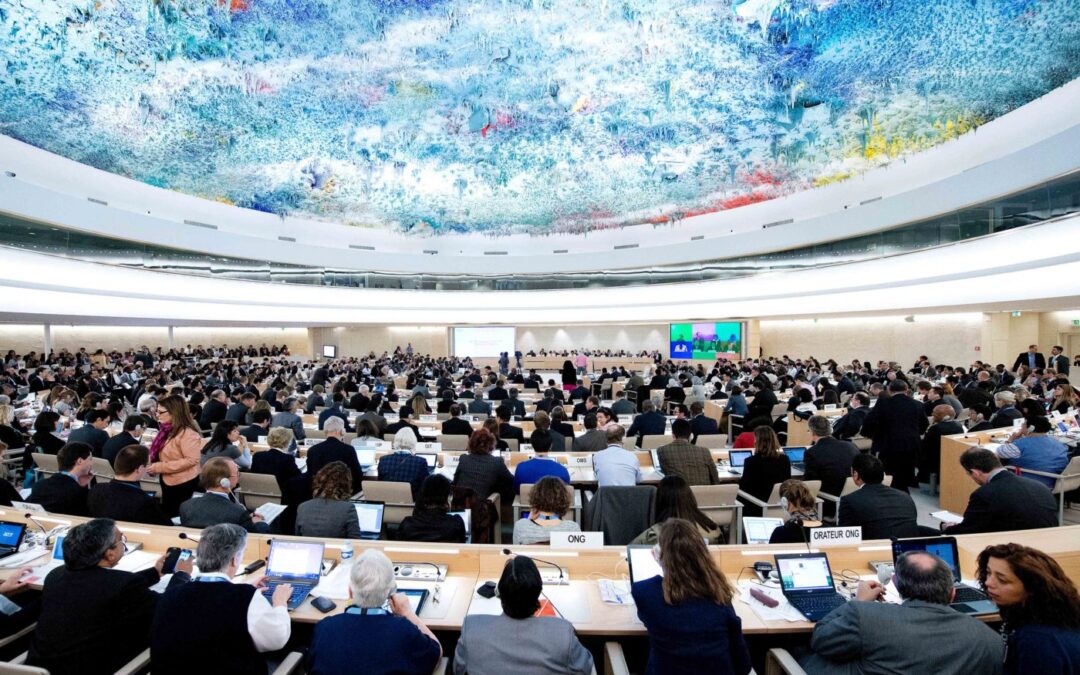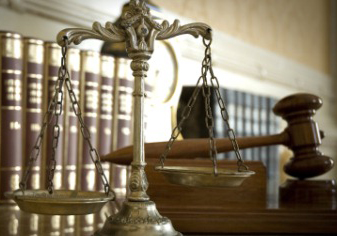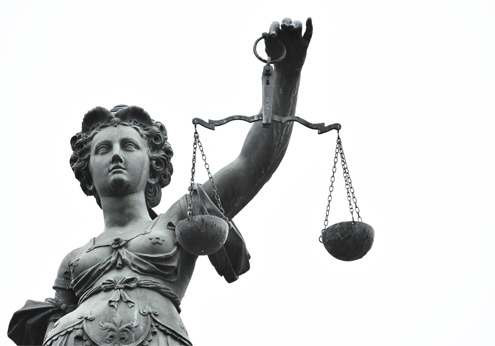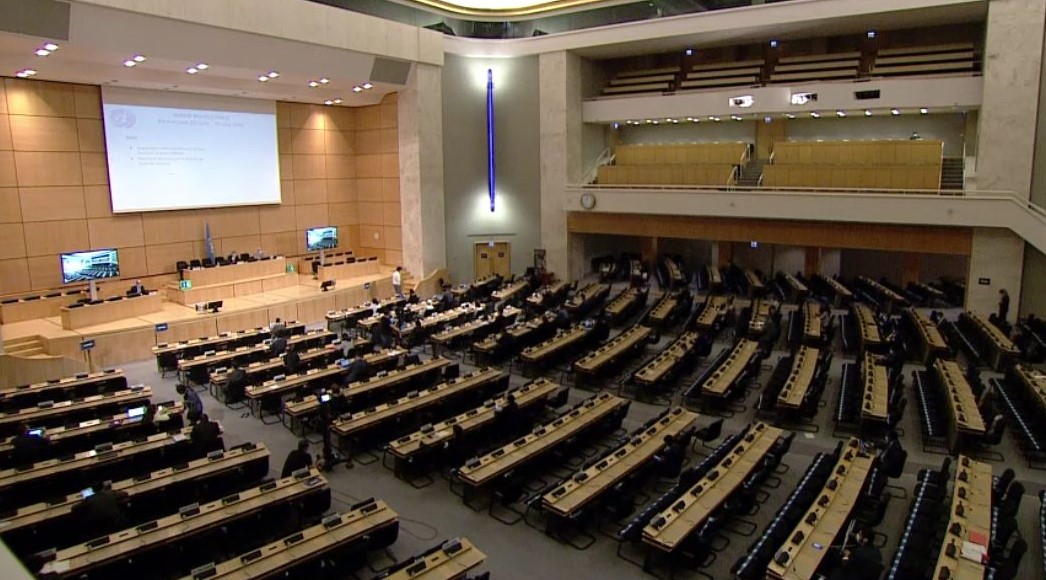
Jun 28, 2021 | Advocacy, Non-legal submissions
The ICJ joined civil society organisations in a statement to the UN Human Rights Council to express deep concern about at a global backlash against LGBTIQI during the interactive dialogue with the Independent Expert on protection against violence and discrimination based on sexual orientation and gender identity.
The joint statement reads as follows:
“This is a joint statement.
This June marks 10 years since the first resolution on protection against violence and discrimination based on sexual orientation and gender identity. We welcome the Expert’s work and his essential role connecting the lived realities of LGBT people and communities and defenders with the UN.
We also welcome this report and the analysis of gender grounded on international human rights law it provides.
We support the Expert’s intersectional approach, as well the sustained focus on identifiying root causes of violence and discrimination based on sexual orientation and gender identity. We highlight with concern the Expert’s acknowledgement that ‘trans and gender-diverse persons suffer an unacceptable state of extrajudicial executions, forced disappearance, torture and ill-treatment, as well as systematic exclusion from education, employment, housing and health care’.
In the context of the growing anti-human rights movement, we witness a global backlash against the human rights of women and LGBTQI people, as well as an increase in criminalization and persecution of defenders in the context of governments’ purported responses to the COVID-19 pandemic. We have seen increased targeting, harassment, attacks and detention specifically of trans and gender-diverse human rights defenders who are targeted because of the work they do and because of who they are.
With respect to promoting and protecting human rights, the Expert clearly highlights the critical role of national, regional and international civil society; while noting that civil society spaces are actively being shrunk. We echo the Expert’s call on States to ‘uphold an enabling environment for civil society working for the human rights of trans, non-binary and gender-non conforming persons, and to respect and protect their rights to freedom of assembly and association’.
The voices of LGBTQI human rights defenders must be heard in order to keep governments accountable for human rights violations, and to continue to demand that the UN system fulfill its human rights mandate.
In this vein, we deplore the systemic underfunding of the UN human rights system and the drive for so-called efficiency, including the cancellation of general debates in June. General debates are a vital part of the agenda by which NGOs can address the Council without restrictions. We call for the reinstatement of general debates at all sessions, with the option of civil society participation through video statements.
Finally, we welcome the Expert’s recognition of the Yogyakarta Principles and the Yogyakarta Principles plus 10, as authoritative articulations of existing international human rights law in relation to issues of sexual orientation and gender identity, as well as their broad application in international, regional and national fora.
Thank you”
Signatories:
Amnesty International;
Article 19;
CHOICE for youth and sexuality;
International Commission of Jurists;
Outright Action International;
Swedish Federation for Lesbian, Gay, Bisexual, Transgender, Queer and Intersex Rights (RFSL)
Accountability International;
Association Humanity First Cameroon;
Campaign Against Homophobia, Poland;
International Institute on Race, Equality and Human Rights;
ERA – LGBTI Equal Rights Association for Western Balkans and Turkey;
Edge Effect; GATE, Trans, Gender Diverse and Intersex Advocacy in Action;
Human Rights Defenders Network-SL;
Intersex Asia Network;
Lesbian and Gay Federation, Germany;
Mulabi;
Planet Ally;
Organization Intersex International – Chinese;
The Norwegian Organization for Sexual and Gender Diversity;
Synergia – initiatives for human rights;
Young Queer Alliance.
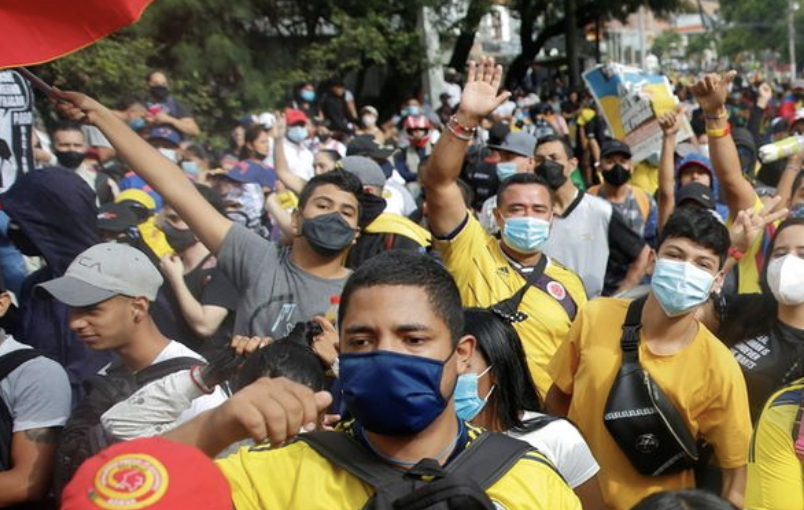
Jun 23, 2021 | Incidencia
La CIJ y 300 organizaciones de la sociedad civil, presentaron una declaración conjunta ante el Consejo de Derechos Humanos de Naciones Unidas expresando su preocupación sobre la situación de derechos humanos en Colombia, en el marco de la presentación del informe anual de la Alta Comisionada de la ONU para los Derechos Humanos.
Aqui sigue la declaración oral conjunta:
“Gracias Sra. Presidenta,
En nombre de las varias organizaciones firmantes, agradecemos el reporte de actividades de la Alta Comisionada, particularmente sobre Colombia. La situación en el país confirma la necesidad de continuar el monitoreo y la asistencia técnica de su oficina.
A ocho semanas de las jornadas de movilización en distintas ciudades del país, los asesinatos, el uso excesivo de la fuerza, los actos constitutivos de tortura y otros malos tratos, las desapariciones forzadas, la violencia sexual, las detenciones arbitrarias y los ataques, incluidos los ciberataques contra quienes ejercen su derecho a protestar constituyen flagrantes violaciones de derechos humanos. Los abusos se producen a pesar del fallo de la Corte Suprema de Justicia, que insta a la Fuerza Pública a no actuar de manera violenta, arbitraria y sistemática durante las manifestaciones y los llamamientos de mecanismos de derechos humanos a cesar estas violaciones.
Las protestas se vinculan a reivindicaciones estructurales ligadas a los derechos humanos, incluyendo la pobreza, la desigualdad, injusticias sociales crecientes, la impunidad, el racismo sistémico y la violencia sistemática contra las personas defensoras de derechos humanos, incluyendo líderes sociales, campesinas, sindicales e indígenas y la prensa. También se deben a la falta de la plena implementación del Acuerdo de Paz de 2016.
Exhortamos al Consejo a exigir a Colombia el cese del uso de violencia y el respeto del derecho a la protesta pacífica; a que investigue de forma independiente las violaciones a los derechos humanos cometidas en este contexto; a que acepte la visita de los procedimientos Especiales y a que apoye el logro de consensos sociales en torno a las demandas estructurales.
Finalmente, solicitamos a la Alta Comisionada, que por medio del monitoreo de su oficina en Colombia, elabore un reporte sobre las violaciones de derechos humanos cometidas durante las protestas.
Gracias Sra. Presidenta.”
